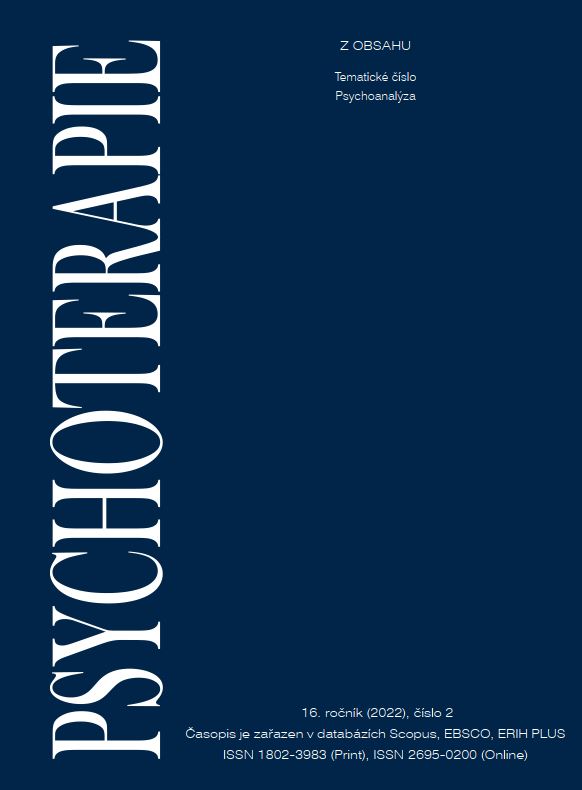Vztah psychoanalýzy a vědecké metody
The relationship between psychoanalysis and the scientific method
Author(s): Jakub KuchařSubject(s): Philosophy, Psychology, Psychoanalysis, Hermeneutics
Published by: Masarykova univerzita nakladatelství
Keywords: Psychoanalysis and science; theoretical foundations of psychoanalysis; epistemology; Karl Popper; falsifiability; hermeneutics; natural sciences
Summary/Abstract: Psychoanalysis is primarily concerned with the study of individual cases; in a professional critical debate, psychoanalysts systematize their findings from psychoanalytic sessions held several times a week under certain clearly defined conditions. Still, the philosopher of science Karl Popper believed that Freudian psychoanalysis was unscientific because its findings could not be refuted. This was later opposed by another prominent philosopher of science, Adolf Grünbaum, who argued that Freud had abandoned some of his original hypotheses, which were not confirmed in his later clinical practice (e.g., the theory of seduction). According to Grünbaum, classical psychoanalysis is unscientific more because of Freud‘s assumption that insight into unconscious processes is a necessary condition for recovery from neurosis. Among post-Freudian psychoanalysts one can find many different views on the question of the epistemological foundations of psychoanalysis. Some of them compare the psychoanalytic method to the methods used in the natural sciences. According to some, many parallels can be found between psychoanalysis and the theory of nonlinear dynamical systems. According to others, it is a special kind of hermeneutics.
Journal: Psychoterapie : praxe - inspirace - konfrontace
- Issue Year: 16/2022
- Issue No: 2
- Page Range: 217-226
- Page Count: 10
- Language: English

